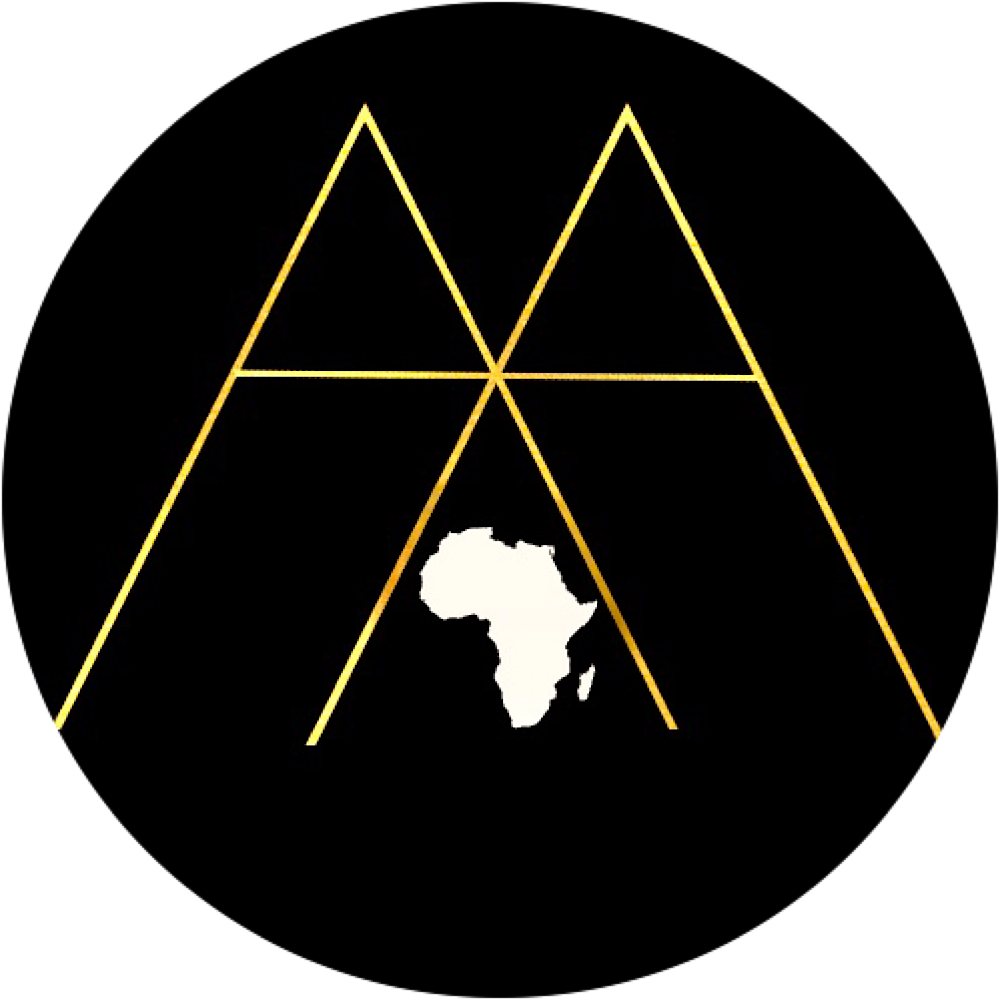(5 mins read)

In October, protestors against police brutality in Nigeria used online platforms to raise awareness of and call for the dissolution of the Special Anti-Robbery Squad (SARS), a police unit set up to protect the people but is infamous for extorting people, extrajudicial killings, rape, torture and more. Read more here.
The hashtag #EndSARS garnered global attention and resulted in widespread protests both in Nigeria and worldwide. The #EndSARS campaign took off on social media apps such as Twitter and Instagram and showed the extensive role social media can play in advancing modern governance and human rights in Africa.
However, many Nigerians now worry that the government plans to limit social media usage to prevent people from knowing the truth. On November 2, the Northern Governors’ Forum issued a bill calling for the strict supervision and censorship of social media to “subversive actions” and “avoid the spread of fake news”.
President, Muhammadu Buhari, complained that social media has been used to spread “deliberate falsehoods and misinformation.” Nigeria’s Information Minister Lai Mohammed stated that “we must regulate social media in a manner that it does not become a purveyor of fake news and hate speech,” he said. Under the proposed bill, offenses range from transmitting information that is false to information that affects security or causes enmity between people or groups. Punishments will include fines of 300,000 nairas (£600) and up to three years in prison.
The government is not wrong to be concerned about the spread of fake news as the country has a population of 200 million people, the majority of which are youths who rely on social media as their source of information. Buying newspapers, magazines or books is a luxury. Libraries are almost non-existent outside big cities like Abuja and Lagos.
During the #EndSars campaign, a false claim went viral urging people to remain in the streets for as long as possible because the UN would be obliged to intervene only if the protests lasted for a month. This was false and contradictory to the government’s curfew restrictions.
There was also a photograph that went viral of a man carrying a dead body wrapped in a bloodstained Nigerian flag. The posts claimed that this occurred on the night of the Lekki Tollgate shootings (Read about this here). This was in actuality a theatre production to mark Nigeria’s independence anniversary taken months before the Lekki protests.
Though the government does raise valid concerns many see this bill as a form of silencing their discontent with the current government’s ruling and to stop the world from seeing the enormity of the problem that is police brutality in the country. The activism has already begun on social media, with the trending hashtag #SayNoToSocialMediaBill.
Top Posts & Pages
- Angola - A 2025 Travel Guide
- Malawi - A 2025 Travel Guide
- Countries
- Home
- The Gambia - A 2025 Travel Guide
- 5 cool places to visit in Guinea: Conakry
- The top 5 must see places in Bissau: Guinea Bissau Travel Blog
- Burkina Faso - A 2025 Travel Guide
- 8 incredible things to do in Freetown, Sierra Leone - Travel Blog
Have a story? Would you like to be a writer for our platform? If so, Contact us below
Weekly Blog Stats
- 24,325 Views
